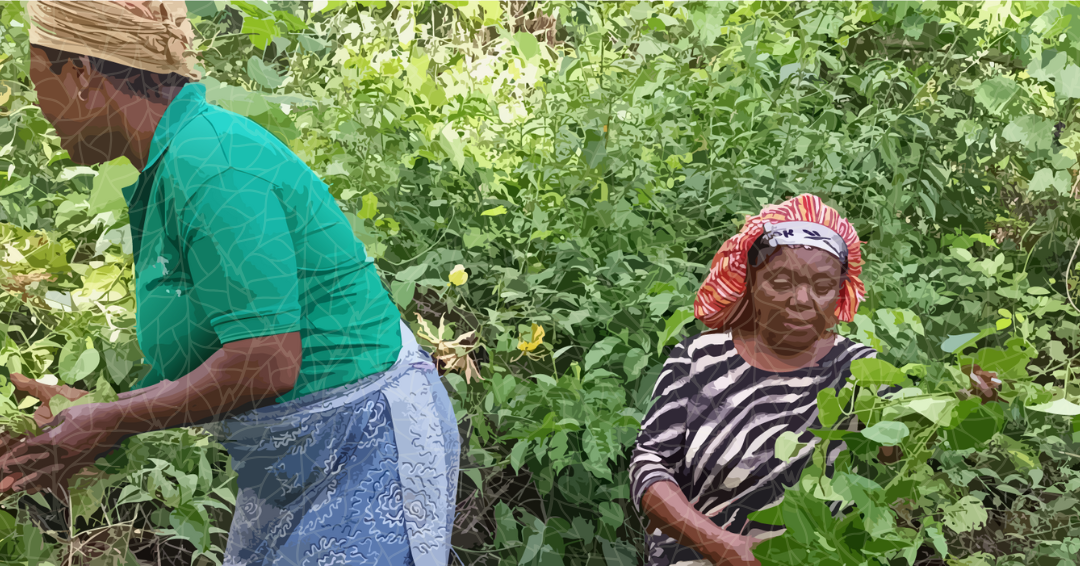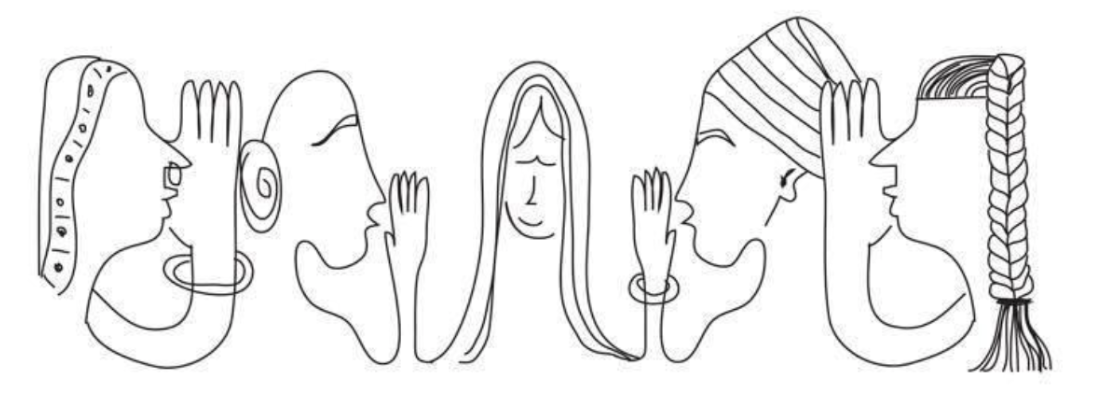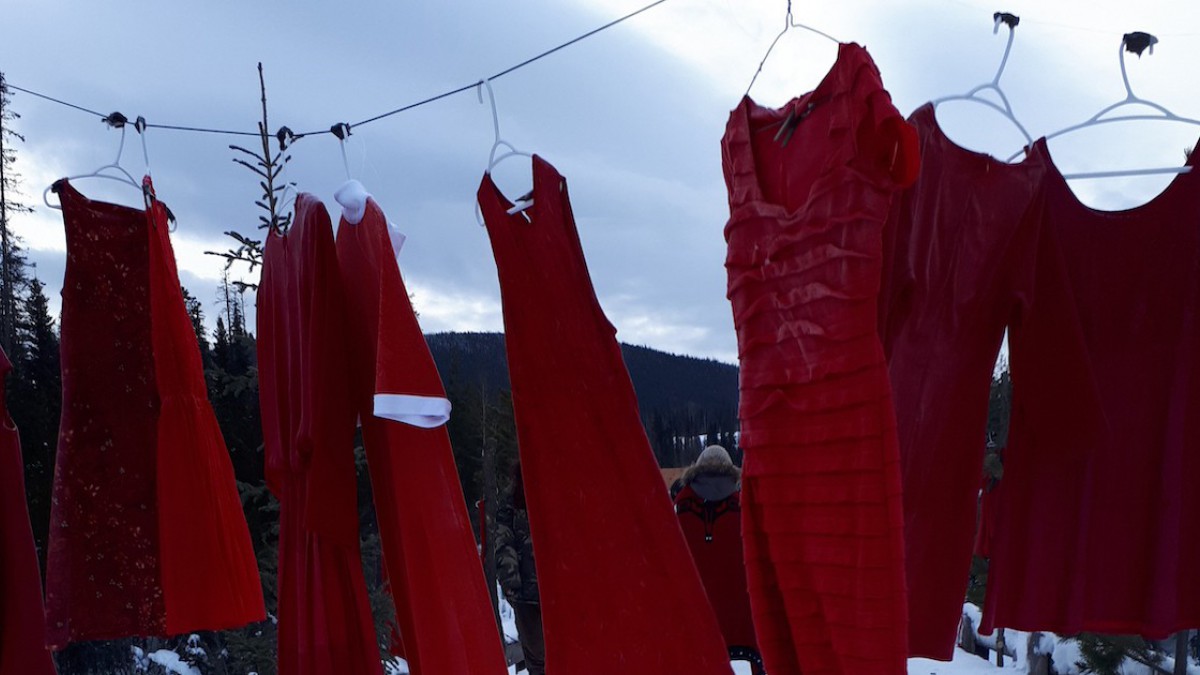Lázaro Mecha; as Chief of the Maje Embera Drua indigenous congress of Panama (on Maje Embera Drua), in the Bayano Region, which is currently organized by the indigenous congress (Maje Embera Drua indigenous congress):
The history of indigenous communities dates back to when the Bayano Region was occupied, in past centuries, by the Embera, Unión Embera and Maje Cordillera peoples. The construction of the Bayano Dam took place between 1972 and 1976. From 1973 to 1977, the indigenous peoples who lived in the area were relocated. In the case of the Maje Embera Drua people, they were moved using force and threats from the Panamanian State, which is seen today in the Unión Embera community.
There is an intrinsic connection between the Embera communities with their territory and the natural resources found in that territory. As such, it is necessary and indispensable to protect these to ensure that the indigenous can continue living their traditional way of life and that their cultural identity, social structure, economic system, customs, beliefs and distinct traditions are respected, guaranteed and that they must be respected by the Panamanian State.
The right to the adjudication of collective ownership of the Maje Embera Drua territory is one of the special issues for indigenous peoples, who have been fighting for decades before the Panamanian State. Over the years we have had the support of the rule of law that considers us indigenous peoples. Despite this, there is a marginalization of our existence in the territory, whenever there are development opportunities in the territory.
In recent years we have been threatened by the deforestation of our natural resources, and the new challenges of the interconnection with the outside and privatization of Lake Bayano, where we fish, thus putting our food security at risk.
At this moment there is a fear on the part of the indigenous society that they are about to lose their rights to their indigenous territory and to their natural resources, due to the great challenges which are present.
We want to ask international organizations as well as environmentalists to support us directly with emergency campaigns for our Maje Embera Drua territory in Panama.
Sincerely.
Lázaro Mecha.
Indigenous chief Maje Embera Drua, Panama.
Contact: mechacaciquez2014 (at) gmail.com

Environmental activist, Francis Annagu, writes about the Boki women's fight against relentless timber extraction and wildlife trafficking in the forests of Cross River State, Nigeria.

Part I discussed ecofeminisms and an overview of the Paris Agreement. This part II links those together by analysing the Paris agreement through an ecofeminist lens, demonstrating its importance for the degrowth movement.

In the midst of the COVID-19 crisis, violence against women is increasing. More women are isolated at home with abusive partners and without resources and opportunities to leave. In Canada, where only a few months ago funding for Ontario rape crisis centres was slashed by $1 million, the political pressure to intervene in gendered violence has increased. Many women’s organizations, such as the ...